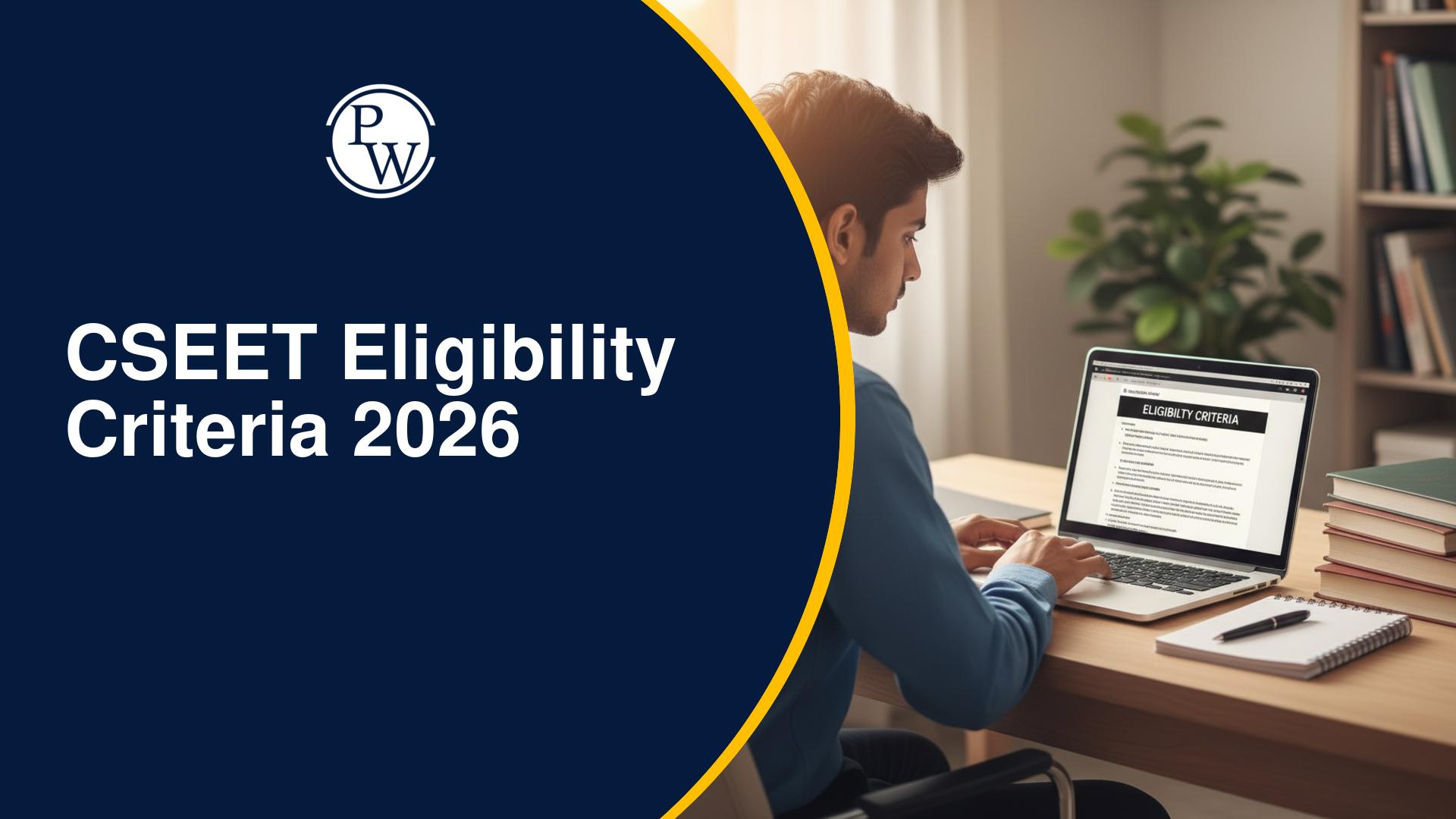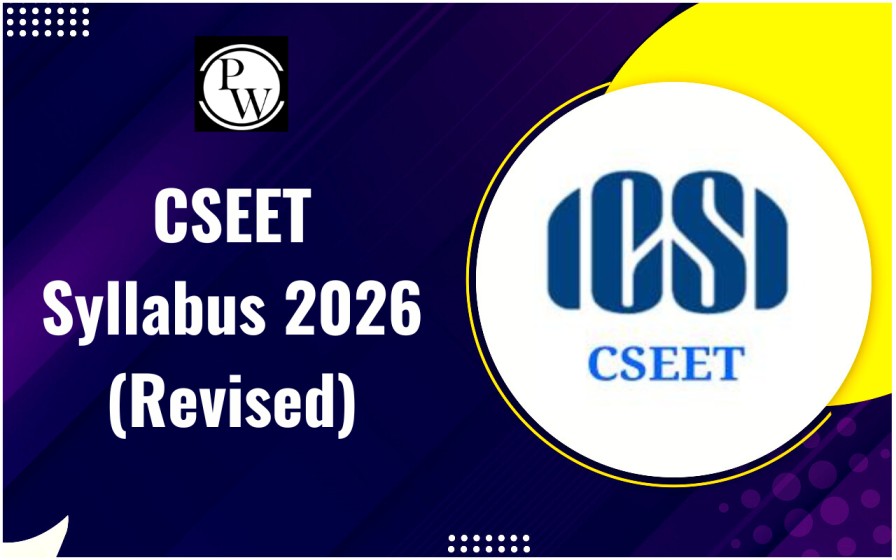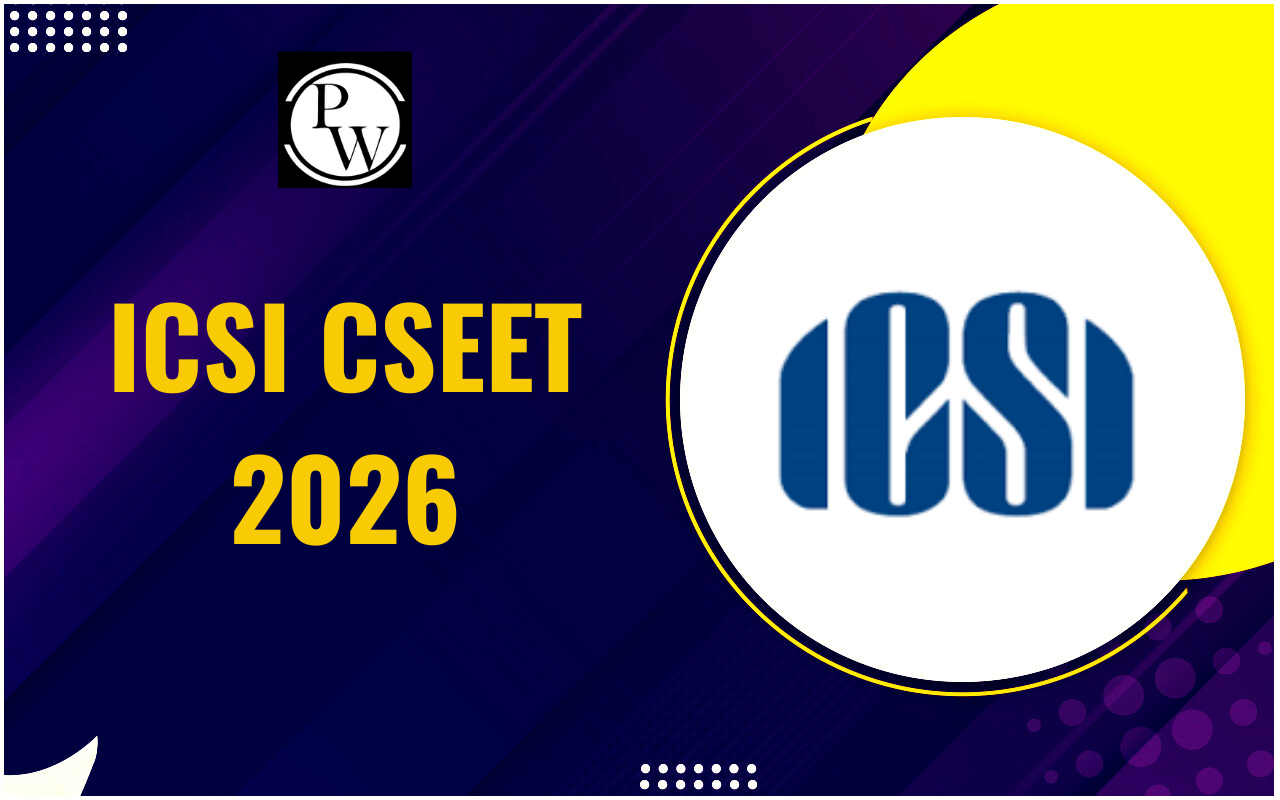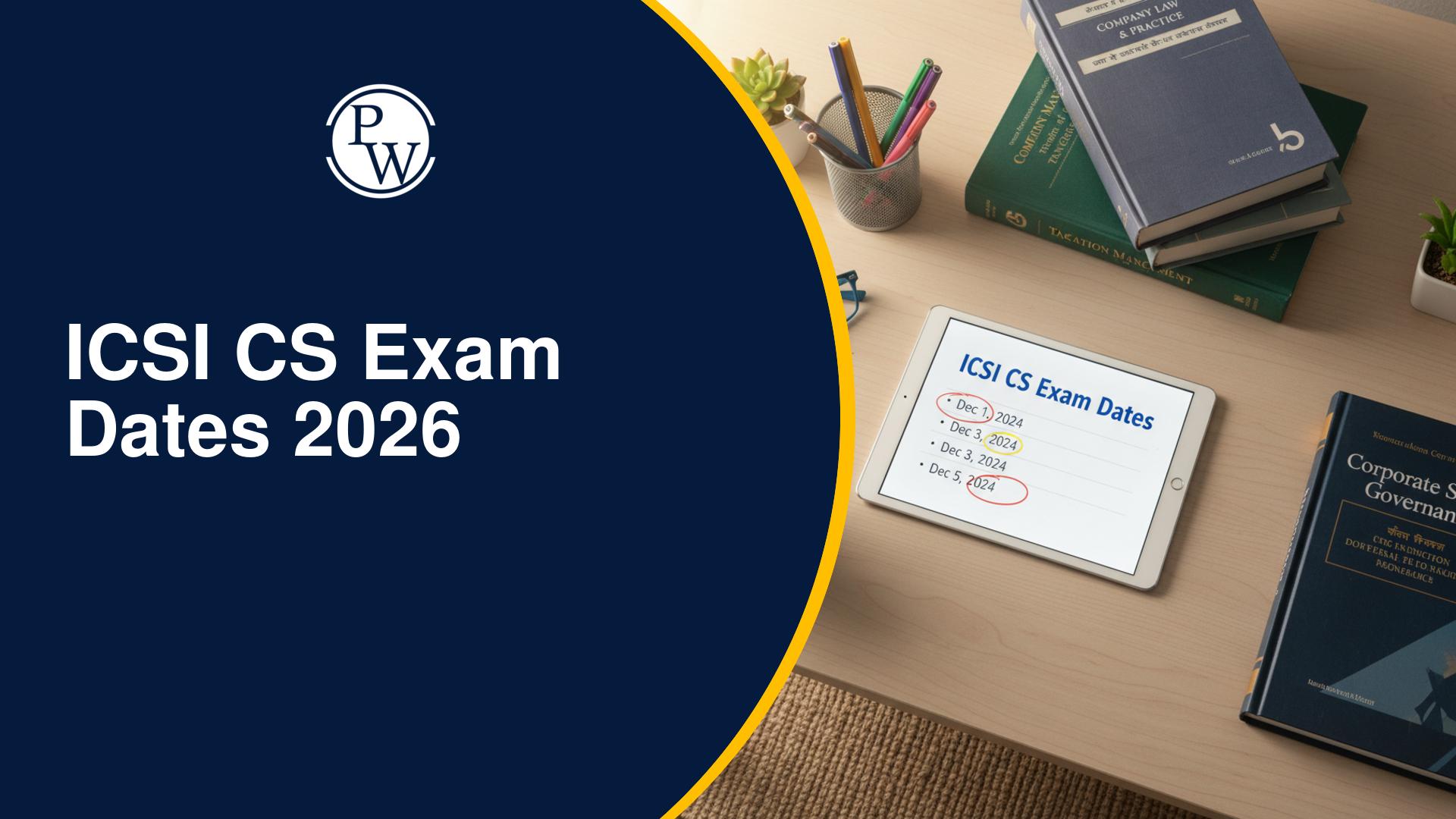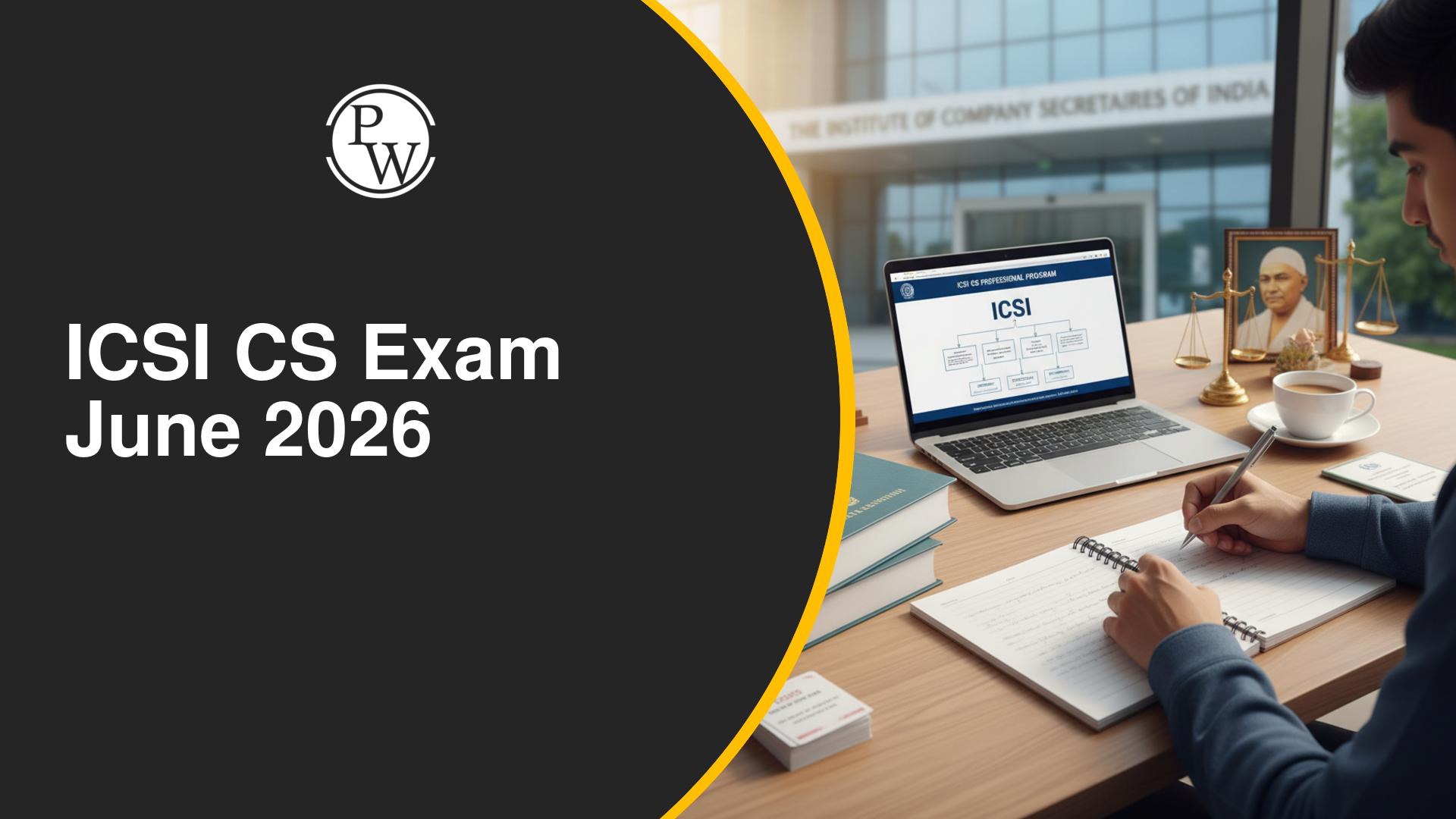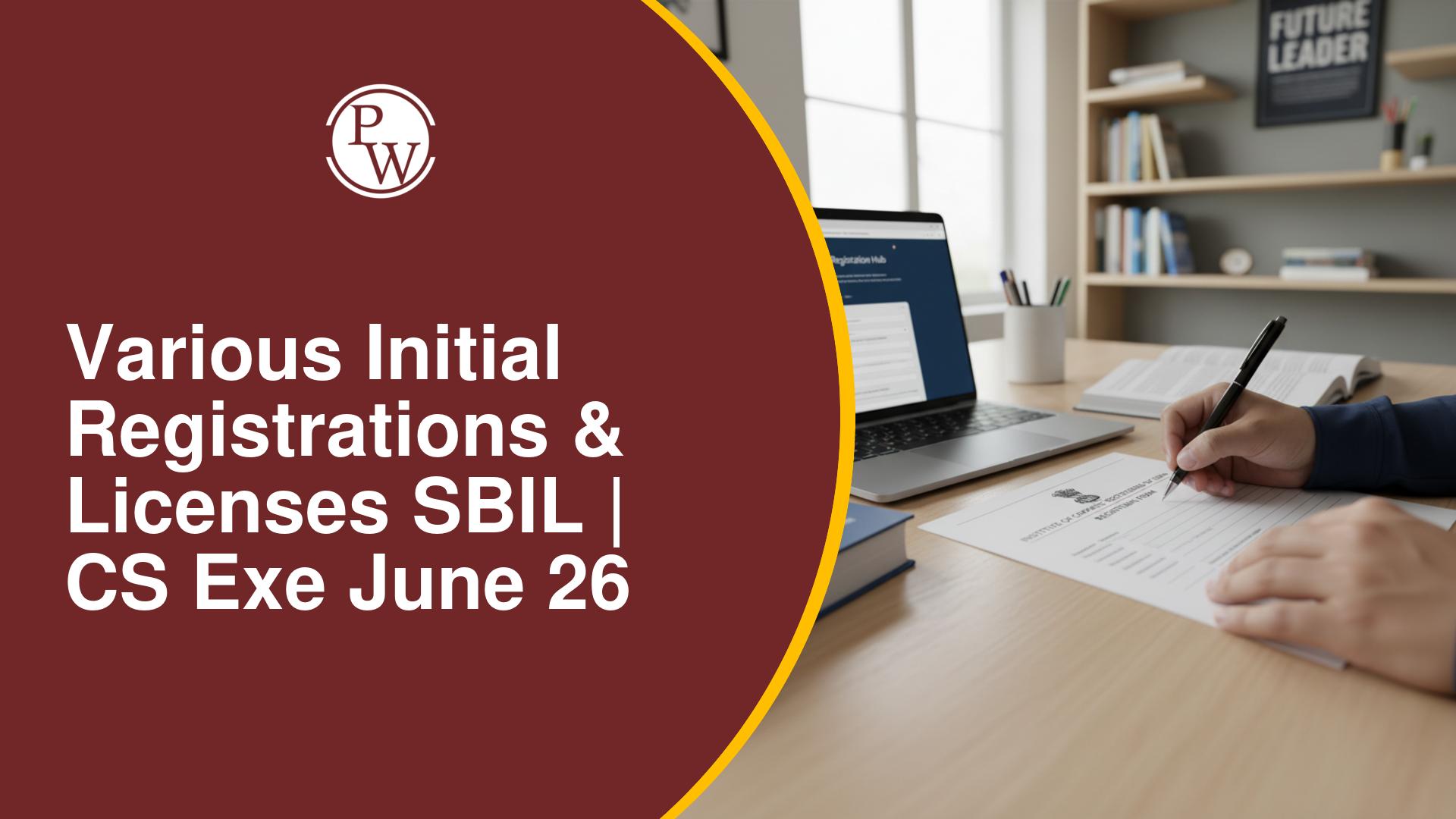
Advance Rulings Under GST: The Goods and Services Tax (GST) regime in India has introduced several mechanisms to facilitate smoother compliance and dispute resolution for taxpayers. One such mechanism is the provision for advance rulings under GST. This system allows taxpayers to seek clarity on tax implications before entering into transactions, thereby reducing ambiguities and ensuring compliance with GST laws. For Company Secretary (CS) students, understanding the concept of advance rulings under GST is crucial, as it plays a significant role in advising clients and ensuring tax compliance.
What is an Advance Ruling?
An advance ruling under GST is a written decision provided by the tax authorities to an applicant on questions related to the interpretation of GST law. It is typically sought to clarify the tax treatment of specific activities, supplies, or transactions that an applicant plans to undertake.
The advance ruling under GST mechanism is governed by Chapter XVII of the CGST Act, 2017, and the provisions are applicable uniformly across India. It aims to provide clarity and reduce potential disputes, benefiting taxpayers and authorities alike.
Relevance of Advance Rulings
As future professionals in the corporate and taxation domain, CS students must familiarize themselves with advance rulings under GST for several reasons:
Advisory Role: CS professionals often guide clients on tax compliance. Knowledge of advance rulings under GST equips them to provide precise advice.
Dispute Avoidance: Understanding the mechanism helps CS professionals assist businesses in avoiding tax disputes.
Practical Insights: Advance rulings under GST provide case studies that offer insights into real-world tax interpretations.
Career Prospects: Specialization in GST and related advisory services can be a valuable career path for CS students.
Objectives of Advance Rulings
The primary objectives of advance rulings under GST include:
Clarity and Certainty: Providing clear guidance on the GST treatment of proposed transactions.
Dispute Prevention: Minimizing the scope for litigation by resolving ambiguities in advance.
Promoting Compliance: Helping taxpayers understand their tax liabilities and ensuring adherence to GST laws.
Reducing Costs: Avoiding penalties or interest arising from non-compliance due to misinterpretation of tax provisions.
Who Can Apply for an Advance Ruling?
The following individuals or entities are eligible to apply for an advance ruling under GST:
-
A registered taxpayer under GST.
-
An unregistered individual or entity intending to register under GST.
Questions That Can Be Addressed by Advance Rulings
Taxpayers can seek advance rulings under GST on specific matters, as prescribed under Section 97(2) of the CGST Act, 2017. These include:
- Classification of goods or services under GST.
- Applicability of a particular notification.
- Determination of time and value of supply.
- Admissibility of input tax credit for specific purchases.
- Determination of tax liability on specific transactions.
- Applicability of a registered taxpayer’s liability to pay tax on a reverse charge basis.
- Whether an activity constitutes a supply of goods or services.
- Any other matters related to the implementation of GST as specified by the authorities.
Authorities Involved in Advance Rulings
The advance ruling under GST process involves two key authorities:
Authority for Advance Ruling (AAR): This is the first level of authority where taxpayers file their application seeking an advance ruling under GST.
Appellate Authority for Advance Ruling (AAAR): If the taxpayer or the jurisdictional officer is dissatisfied with the decision of the AAR, they can appeal to the AAAR.
Process for Obtaining an Advance Ruling
The steps to obtain an advance ruling under GST are as follows:
-
Filing an Application:
Taxpayers must file Form GST ARA-01 along with the prescribed fee (₹5,000 for each question) to the AAR of their respective state or union territory.
-
Preliminary Scrutiny:
The AAR reviews the application to ensure it meets all legal requirements.
-
Personal Hearing:
Applicants may be required to attend a hearing and provide clarifications on the questions raised.
-
Ruling Issuance:
The AAR issues its decision within 90 days of receiving a complete application.
-
Appeal to AAAR:
If dissatisfied, either party can file an appeal to the AAAR within 30 days of receiving the ruling.
Binding Nature of Advance Rulings
The rulings issued by the AAR and AAAR are binding only on:
-
The applicant who sought the advance ruling under GST.
-
The jurisdictional GST officer responsible for the applicant.
This binding nature ensures that the rulings provide certainty to the applicant but do not create precedents for other taxpayers.
Limitations of Advance Rulings
Despite its benefits, the advance ruling under GST mechanism has certain limitations:
Limited Scope: The rulings are applicable only to the applicant and their jurisdictional officer.
Non-Binding on Higher Authorities: Higher authorities, such as appellate tribunals or courts, are not bound by the rulings of the AAR or AAAR.
Time Constraints: Delays in obtaining rulings can sometimes defeat the purpose of seeking clarity before executing a transaction.
Inconsistent Decisions: Different AARs may issue contradictory rulings on similar issues, creating confusion.
Practical Examples
CS students can study the rulings issued by AAR and AAAR to gain practical insights into advance rulings under GST interpretations. For instance:
Classification Issues: Cases where businesses sought clarification on whether a product is taxable under a particular rate slab.
Input Tax Credit (ITC): Instances where taxpayers sought guidance on the admissibility of ITC on specific transactions.
Supply Determination: Situations involving clarification on whether an activity constitutes a supply of goods or services.
Recent Developments and Challenges
In recent years, taxpayers and authorities have observed certain challenges in the advance ruling under GST system:
Contradictory Rulings: Similar issues interpreted differently by different AARs.
Delayed Responses: Delays in issuing rulings due to administrative backlogs.
Increased Appeals: Rising number of appeals to the AAAR, adding to litigation.
To address these challenges, there have been discussions about forming a Centralized Authority for Advance Rulings (CAAR) to ensure uniformity and consistency in decisions across states.
For CS students, the advance ruling under GST mechanism is a critical area of study. It not only helps in understanding the nuances of GST law but also equips them to provide accurate advice to businesses and clients in the future. By mastering this concept, CS students can enhance their role as strategic advisors, ensuring compliance and reducing disputes in the dynamic GST landscape.
What are Advance Rulings Under GST FAQs
What is the purpose of Advance Rulings Under GST?
Who can apply for an Advance Ruling?
Are Advance Rulings binding on all taxpayers?
What are some common matters addressed in Advance Rulings?
How long does it take to receive an Advance Ruling?

